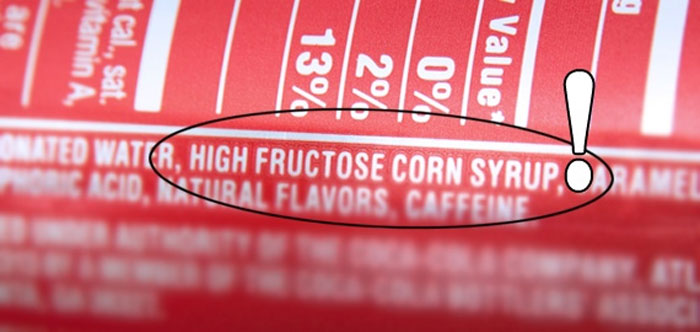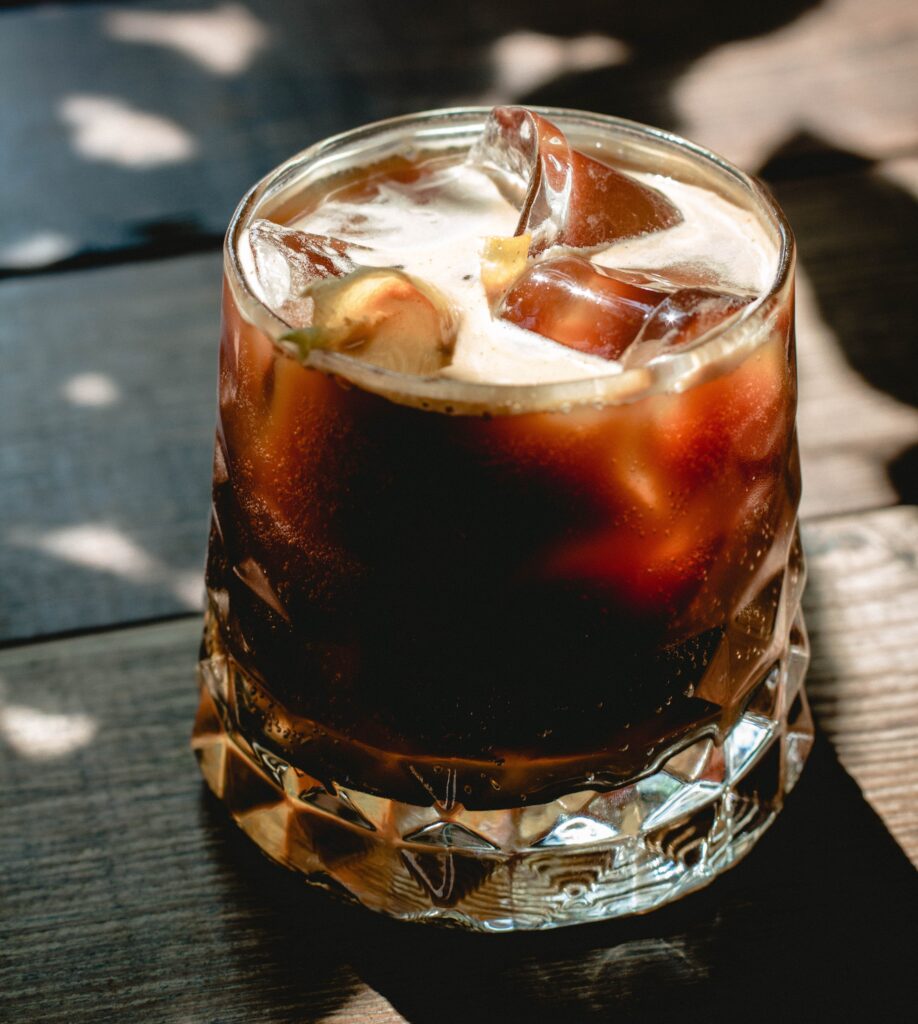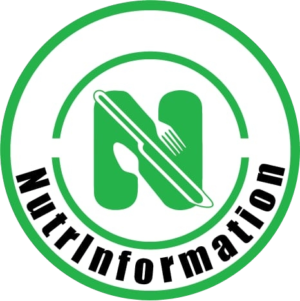Bloating, causes, and how to prevent it?
Bloating is a sensation of belly fullness. Your stomach feels tight like a balloon. In some cases, the stomach looks bigger than normal and can be mistaken for pregnancy. Bloating makes you uncomfortable and can also cause stomach pains. Unlike constipation, The causes of bloating are very diverse. It is therefore important to find out what could be the cause behind your bloating and deal with the specific issue. Below are some causes and ways to prevent bloating.
Gas causing foods.
Some foods like beans, cabbages, onions, broccoli, or cauliflower are known to cause gas. Because of our difference, some people can tolerate these foods while some get gassy. Therefore, depending on your sensitivity, it is important to cut down on these foods. If you are not sure, you can eliminate the foods one by one until you get the culprits.
Fried and spicy foods
Food cooked with a lot of fat take longer to be digested. This results in gas build-up. Spicy foods on the other hand stimulate the production of excess acids. This causes irritation in the stomach. Contributing to bloating and stomach discomfort as a result.
Dairy products
Dairy products like milk cause bloating in lactose-intolerant people. If you experience bloating after taking milk products, then you could be lactose intolerant. This means that you lack lactase enzyme and therefore cannot digest lactose the primary component of milk. The lactose is fermented in your body resulting in excess gas.
High fructose fruits

Bloating after eating fruits like pears or apples, means you have trouble digesting fructose. Fructose is a type of sugar mostly present in fruits, vegetables, and honey. It is also used as a sweetener in some drinks. People with fructose intolerance should eat low fructose fruits like avocado, oranges, pineapples, etc. You should also watch out for fructose-containing foods. Check food labels for; Fructose, high-fructose corn syrup, maple-flavor syrup, honey, agave syrup, invert sugar or molasses. You could also avoid eating fruits together with meals.
Artificial sweeteners
Because of an increase in demand for sugar-free products, many foods now contain artificial sweeteners. Our bodies do not digest these sugars well. They, therefore, build up in the digestive system. Bacteria then ferment them resulting in bloating. Artificial sweeteners include, aspartame, saccharin, mannitol, sorbitol, maltitol, and xylitol. They are mostly in sugar-free foods or drinks and chewing gum.
Swallowing excess air
Normally we swallow air when talking, drinking, or eating. However, excess swallowing can occur when you eat foods and drink too quickly. To avoid this it is important to eat food slowly.
You should also avoid chewing gum. In addition to the artificial sugars in chewing gum, consistent chewing contributes to excessive swallowing of air. This ultimately results in bloating.
Smoking is another cause of excessive swallowing of air. It is therefore important to quit smoking in order to prevent bloating.
Carbonated or caffeinated drinks

Carbonated drinks like soda and fizzy water contain carbon dioxide. This gas resulting in bloating. On the other hand, caffeinated drinks like coffee and tea may irritate the stomach causing excess acid production. This also can cause bloating.
While still on drinks, it is also helpful to skip the straw. In addition to avoiding swallowing excess air, you will also be saving the turtles.
If your bloating is hormonal like in the case of menstruation the above dietary changes will be helpful. In case bloating does not go away after these dietary modifications, you should seek medical attention.


True facts